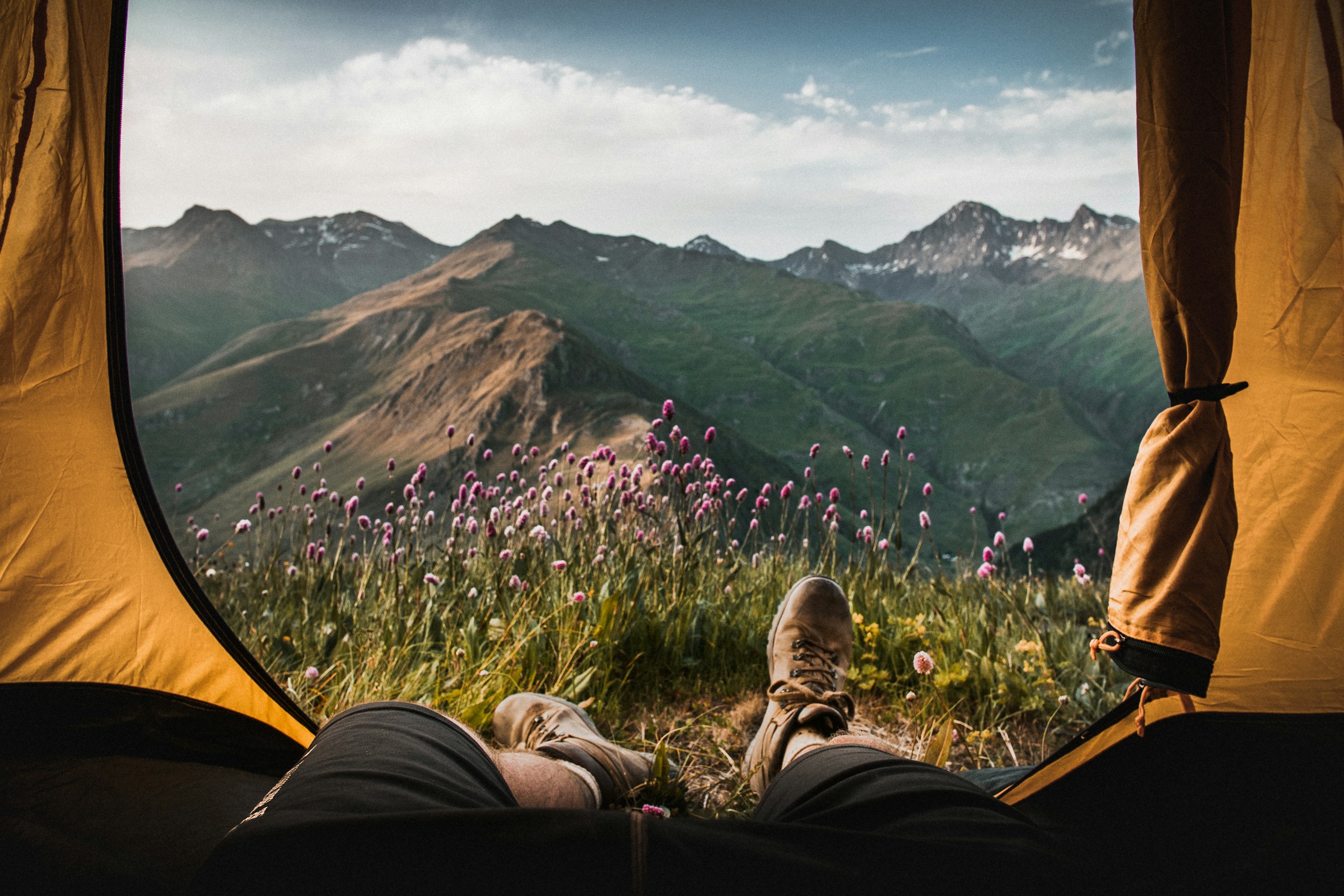How do you ensure respectful interactions with wildlife during camping trips in UK national reserves?

Camping in the heart of a UK National Reserve brings you closer to the wonders of nature. You exchange your regular life's hustle and bustle for a serene environment, which is home to a rich variety of wildlife, echoing with their unique sounds. But while this change of scenery can be refreshing, it also calls for a higher sense of responsibility. Let's delve into how you can ensure respectful interactions with wildlife during your camping trips to UK national reserves.
Being aware of the local wildlife
Before heading on your camping trip, it's crucial to know the type of wildlife you might come across in your specific location. UK national reserves are home to a vast array of animals, with each reserve having unique inhabitants. This knowledge can make your experience more exciting and educational. Plus, it can help you be prepared to deal with potential wildlife encounters.
Lire également : How can you participate in local eco-tourism activities while camping in the UK?
Investigate well in advance about the animals that reside in the park you are planning to visit. Various UK national reserves have online resources available that provide detailed information about their local wildlife. By doing so, you will not only be able to respect their basic needs and habits but also ensure your safety and that of the animals around you.
Understanding the importance of conservation
Interaction with wildlife should be balanced with the need for conservation. The survival of many species depends on the integrity of their habitats, which can be easily disrupted by human activities. It's important to remember that when you're camping, you're a guest in their home.
A lire en complément : What are the best practices for setting up and maintaining a camp kitchen in rainy UK conditions?
Adopting ecotourism principles can make a significant difference. This includes sticking to designated trails, not disturbing the animals and their habitats, and leaving no trace of your visit. Keep in mind that conservation efforts are not only beneficial for the animals, but they also contribute to the wellbeing of the surrounding communities. By preserving the natural environment, tourism, which is a significant income source for many local communities, can thrive.
Respecting the wildlife
The excitement of seeing an animal in the wild can sometimes push people to forget about the importance of keeping a safe distance. However, it is crucial to remember that these are wild animals and unpredictable by nature.
Avoid feeding animals as it can harm their health and make them dependent on humans for food. Remember, food intended for humans is not suitable for animals. It's also important to keep noise levels down to avoid disturbing the animals and their natural behaviors.
Lastly, refrain from using flash photography, as it can startle animals. Instead, try to capture the beauty of the environment and wildlife with natural light.
The role of community-based tourism
Community-based tourism plays a vital role in promoting respectful interactions with wildlife. This form of tourism engages the local community in the management and development of tourism in their area. It aims to ensure that the benefits of tourism are shared within the community and contribute to local development.
By choosing to participate in community-based tourism, you support locals in their efforts to conserve the natural environment, and you also learn from their knowledge and experience of co-existing with nature. They can guide you towards more respectful interactions with wildlife and provide you with an enriched understanding of the natural world.
Embracing the experience
Camping in a national park is a unique opportunity to connect with nature and learn more about the world around us. By respecting the wildlife and their environment, you are contributing to their survival and the preservation of these beautiful places.
Remember, it's not about ticking off as many animal sightings as possible, but about embracing the entire experience. Let the sounds of nature be your music and the starlit sky be your cinema. Be mindful and patient, let the wildlife come to you in their own time and space.
Camping is not only about the destination, but also the journey. It's about learning to live in harmony with nature, understanding the importance of conservation, and valifying the role of local communities in preserving these spaces. Embrace the experience, and you'll leave the park with a newfound appreciation for the natural world and lifelong memories.
The impact of responsible camping on natural resources
Camping in national parks and nature reserves is a wonderful way to experience nature in its purest form. However, it is necessary to be mindful of the impact we have on the natural resources that these spaces provide. Uncontrolled camping activities can lead to the degradation of these resources, harming both the wildlife and the environment.
The concept of 'leave no trace' is fundamental to ensuring a responsible interaction with natural resources. This principle encourages campers to minimize their impact on the environment, leaving it unaltered, so future visitors can enjoy it the same way they did. This involves actions such as carrying out all trash, not picking plants or flowers, not disturbing the natural habitats of wild animals, and using established campfire rings or portable camping stoves for cooking.
It's also crucial to use natural resources sparingly, such as water and firewood. Overuse can strain the ecosystem and disrupt the delicate balance that allows the flora and fauna to thrive. Sourcing firewood from sustainable sources and using water-efficient practices can help maintain the ecosystem's health.
While camping in places like Costa Rica or South Africa, where biodiversity is high, it's particularly important to respect the natural environment. The unique ecosystems found in these areas rely heavily on the responsible use of their natural resources. Therefore, campers should strive to leave a positive footprint on the environment, enhancing their experience and preserving these natural wonders for future generations.
The ethics of wildlife watching
Whether you're camping in a UK national reserve or whale watching off the coast of Costa Rica, it's essential to understand the ethics of wildlife watching. The excitement of interacting with wild animals should not overshadow the respect for their natural behavior and habitat.
Keep in mind that wildlife watching should not interfere with the animals' daily routines. This means maintaining a respectful distance, and not attempting to feed, touch, or lure them for a closer look. Animals should be allowed to go about their normal activities without fear or disruption.
Furthermore, the use of drones for wildlife photography or filming should be done responsibly. Drones can cause significant stress and disturbance for many animal species. Always follow local regulations regarding drone use, and avoid flying them during sensitive times such as breeding, nesting, or feeding periods.
Lastly, it's important to report any illegal or harmful activities you observe, such as poaching or habitat destruction. Reporting these activities to park authorities can help protect wildlife and preserve their natural environments.
Conclusion
Camping in national parks and nature reserves offers a unique opportunity to connect with nature and appreciate the world's natural beauty. By adopting responsible camping practices, understanding the importance of conservation, and interacting respectfully with wildlife, campers can contribute positively to the preservation of these incredible spaces.
Local communities play a vital role in preserving these natural environments and educating visitors on sustainable tourism practices. By participating in community-based tourism, campers can support these communities and help create a more sustainable and inclusive tourism sector.
Remember, the goal of camping is not just to enjoy the beauty of nature, but to leave it in the exact or better state than we found it. It's not about the number of wild animals we spot, but the quality of our interactions with them. The memories we make while camping in these beautiful places are a testament to the respect and love we have for our natural world.
